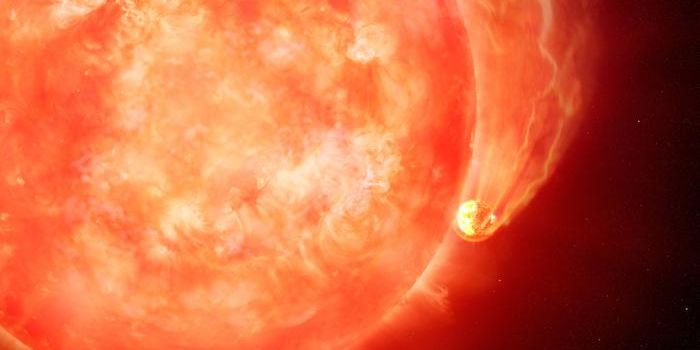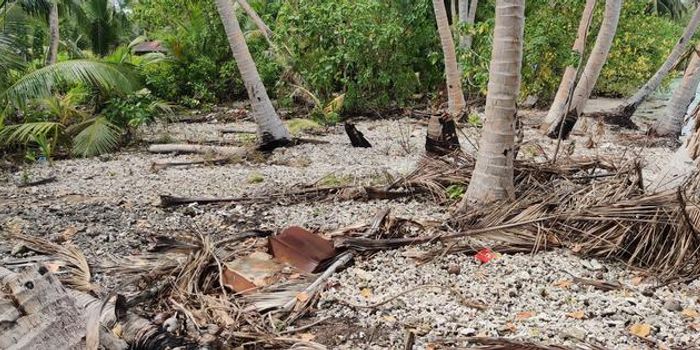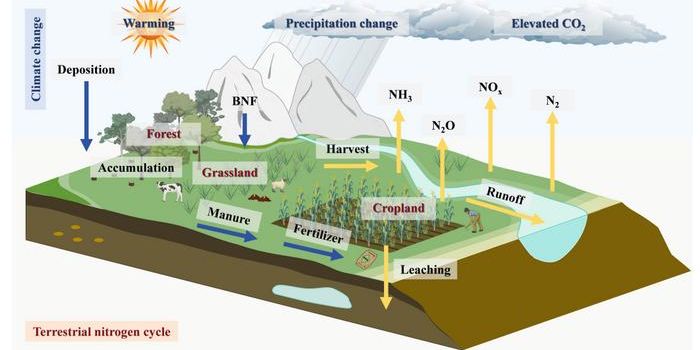A series of earthquakes that rattled a small Texan community have been linked to nearby oil and gas operations.
In 84 days from November 2013 to January 2014, the area around Azle, Texas, shook with 27 magnitude two or greater earthquakes.
Now scientists believe these earthquakes were the result of high-pressure injection of drilling wastewater into the ground.

The oil and gas industry uses injection wells to get rid of wastewater, which can have chemicals, heavy metals, salt and radioactive material.
The scientists determined this based on where and when the earthquakes happened; computer models that track pressure changes; and company data from nearby wells.
Matthew Hornbach, a Southern Methodist University geophysicist, said the timing and location of the quakes correlates better to the drilling and injection than any other possible reason.
'There appears to be little doubt about the conclusion that the earthquakes were in fact induced,' USGS seismologist Susan Hough, who wasn't part of the study team, said in an email.
'There's almost an abundance of smoking guns in this case.'
This adds to other studies that linked injecting wastewater from energy wells to a tremendous jump in earthquakes in Oklahoma and southern Kansas.
In these areas, there have been more than 950 magnitude 2 or higher quakes so far this year, according to the USGS.
Earlier today, the Oklahoma Geological Society said it is 'very likely' that most of the earthquakes that have shaken the state in recent years have been triggered by the subsurface injection of wastewater from oil and natural gas drilling operations.
The society released a statement following an investigation into dozens of earthquakes recorded in central and north-central Oklahoma.
Unlike other research that linked quakes to the injection of wastewater, the SMU study also sees a secondary link in another part of the drilling process.
Massive amounts of brine taken out of the ground with the gas, said study co-author William Ellsworth of the USGS. Removing the saltwater changes the underground pressure.
But the deep injection of the wastes still is the principle culprit, Ellsworth said.
Azle sits atop the large underground Barrett Shale natural gas formation.
The findings come amid heightened debate over oil and gas regulations, including efforts in some communities to ban drilling.
In Texas, lawmakers are considering bills that would limit cities' abilities to do so.
'Cities across the state should be very, very worried,' Sharon Wilson, an organiser based in Dallas for the environmental group Earthworks, said in a statement.
'It is only Texas state regulators and lawmakers who are living in denial.'
The Texas Railroad Commission, the state's oil and gas regulator, hired its first seismologist last year to investigate potential links between quakes and fracking after Azle residents asked the agency to halt oil and gas activities.
The seismologist has not offered any conclusions.
(Source: DailyMail.co.uk)









